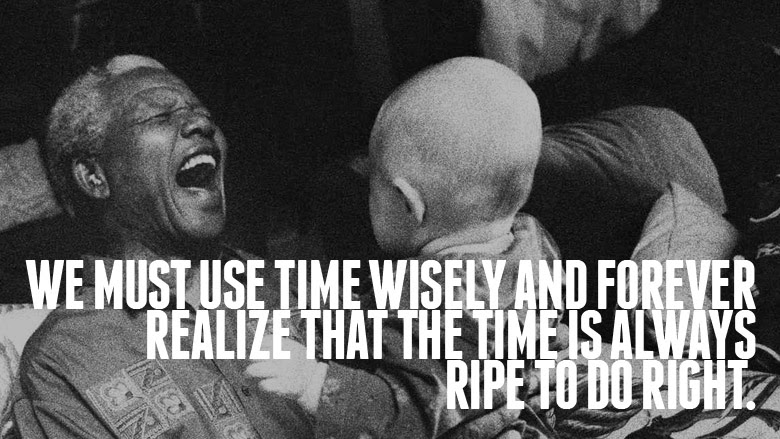One of my favorite things about the Christmas season is special memories built through a variety of traditional activities we do as a family each year. Some of these started 30+ years ago when I was a child and some are things Adena and I started with our girls. Here are a few of ours:
 Christmas ornaments – Our Christmas tree is decorated from top to bottom with ornaments, including some which date from the year I was born. We add to this collection each year with tokens from special activities done during the year (2016 added several from our cross country road trip). The ornament pictured here was made when I was a child by one of my aunts. The girls call him the “kissy ornament” because his mouth holds a Hershey’s kiss. They wake up each morning and check to see if he has new chocolate for their enjoyment. We unpack our boxes of ornaments every year and reminisce.
Christmas ornaments – Our Christmas tree is decorated from top to bottom with ornaments, including some which date from the year I was born. We add to this collection each year with tokens from special activities done during the year (2016 added several from our cross country road trip). The ornament pictured here was made when I was a child by one of my aunts. The girls call him the “kissy ornament” because his mouth holds a Hershey’s kiss. They wake up each morning and check to see if he has new chocolate for their enjoyment. We unpack our boxes of ornaments every year and reminisce.-
 Special events at church – Our church hosts an annual talent night as well as a Christmas Eve service. These are special times together with our extended church family and the new memories are made each year. One of my good friends/co-workers donned Santa garb this year to read Dr. Seuss’s timeless classic “How the Grinch Stole Christmas”. This year, Sarah Beth also performed, playing Up on the Housetop, which her piano teacher helped her select and prepare.
Special events at church – Our church hosts an annual talent night as well as a Christmas Eve service. These are special times together with our extended church family and the new memories are made each year. One of my good friends/co-workers donned Santa garb this year to read Dr. Seuss’s timeless classic “How the Grinch Stole Christmas”. This year, Sarah Beth also performed, playing Up on the Housetop, which her piano teacher helped her select and prepare.
 Family built gingerbread house – I stress family built on this one because it might be a lot easier if I hid in the other room while Adena and the girls did this. Somehow my “perfectionist” tendencies make it challenging to participate when the girls don’t share my need for symmetry or straight lines. But I have to drop all of that when the box opens up because a grumpy dad who only wants to do it his way might as well skip the project altogether. And what would be the fun in that? This year, one of my girls wanted to draw architectural plans for the house before we started. I may be rubbing off on them more than I realize.
Family built gingerbread house – I stress family built on this one because it might be a lot easier if I hid in the other room while Adena and the girls did this. Somehow my “perfectionist” tendencies make it challenging to participate when the girls don’t share my need for symmetry or straight lines. But I have to drop all of that when the box opens up because a grumpy dad who only wants to do it his way might as well skip the project altogether. And what would be the fun in that? This year, one of my girls wanted to draw architectural plans for the house before we started. I may be rubbing off on them more than I realize.
 The Syfrett Express – This year marks the third year of one of our most recent family Christmas traditions. Adena and I pick a night where we surprise the girls with two “tickets” to get on board the Syfrett Express for a trip around town to look at Christmas lights. We play the Polar Express audio in the van while we drive around, plus we enjoy hot chocolate and a snack. Decorating houses seems to be growing less popular than it was when I was a kid, but we can always find a few homes where the owners are going for a Clark Griswold style award to see how many lights they can use in their front yard.
The Syfrett Express – This year marks the third year of one of our most recent family Christmas traditions. Adena and I pick a night where we surprise the girls with two “tickets” to get on board the Syfrett Express for a trip around town to look at Christmas lights. We play the Polar Express audio in the van while we drive around, plus we enjoy hot chocolate and a snack. Decorating houses seems to be growing less popular than it was when I was a kid, but we can always find a few homes where the owners are going for a Clark Griswold style award to see how many lights they can use in their front yard.
- Christmas morning – Each year, we get the girls up and take time, before we open
 presents and unpack stockings, to read the Luke 2 narrative of Christ’s birth and remember the real reason for the season. Every year that goes by, December seems busier, the world seems more commercialized, and it seems harder to prioritize the thing that we know is most important at Christmas – worshipping Jesus. Setting aside this time, as well as others through Advent readings and a special calendar, is key to portraying a Christmas that is more about Him than about tinsel and tags, promotions and packages.
presents and unpack stockings, to read the Luke 2 narrative of Christ’s birth and remember the real reason for the season. Every year that goes by, December seems busier, the world seems more commercialized, and it seems harder to prioritize the thing that we know is most important at Christmas – worshipping Jesus. Setting aside this time, as well as others through Advent readings and a special calendar, is key to portraying a Christmas that is more about Him than about tinsel and tags, promotions and packages.
What are your family’s Christmas traditions? How do you help your children keep Jesus central to Christmas?
Related posts:
- The Neighborhood Christmas Parade is another of our highlights. (2016 Update: they hosted a Holiday Festival this year where Sarah Beth sold handmade bags.)
- Celebrating Immanuel: God with us
- Praying for Three Wise Gifts







